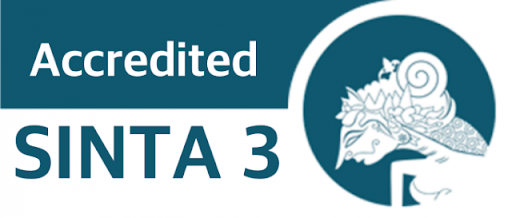Perlindungan Nasabah Muslim dalam Transaksi Non-Tunai Perspektif al-Dharuriyyat al-Khamsah
Protection of Muslim Costumers in Non-Cash Transactions a-Dharuriyyat al-Khamsah Perspective
DOI:
https://doi.org/10.37680/ijief.v1i2.1167Keywords:
al-Dharuriyyat al-Khamsah, Muslim Consumer, Non-cashAbstract
This paper attempts to analyze customer protection practices in non-cash transactions in Indonesia and explore the perspective of al-dharuriyyat al-khams on the protection of Muslim customers in non-cash transactions. The trend of non-cash transactions in Indonesia has become increasingly widespread since 2014 when Bank Indonesia socialized the National Non-Cash Movement. However, along with these developments, there are several weaknesses and questions related to customer protection in general and Muslim customers in particular. Some security cases include loss of electronic money cards, failed transactions, sudden decrease in balance and the imposition of additional e-money fees, and several other cases. This type of research is literary research that uses a variety of library information (library research). While the approach used is a qualitative approach which refers to the data normatively. The results of the study conclude: first, the position of consumers/customers in non-cash transactions in Indonesia, even though the legal instruments are quite complete, are practically not sufficient to protect them properly. Second, based on the five principles of maintaining al-dharuriyyat al-khams, namely the protection of religion, soul, mind, lineage and property, it is clear that efforts to protect Muslim customers in non-cash transactions have been carried out but in a security system in transactions, customer data security systems, and socialization of important information related to customers still needs to be improved.
Downloads
Published
How to Cite
Issue
Section
License
Copyright:
An author who publishes in Indonesian Journal of Islamic Ekonomics and Finance agrees to the following terms:
- Author retains the copyright and grants the journal the right of first publication of the work simultaneously licensed under a Creative Commons Attribution-NonCommercial 4.0 International License that allows others to share the work with an acknowledgment of the work's authorship and initial publication in this journal.
- Author is able to enter into separate, additional contractual arrangements for the non-exclusive distribution of the journal's published version of the work (e.g., post it to an institutional repository or publish it in a book) with the acknowledgment of its initial publication in this journal.
- Author is permitted and encouraged to post his/her work online (e.g., in institutional repositories or on their website) prior to and during the submission process, as it can lead to productive exchanges, as well as earlier and greater citation of the published work (See The Effect of Open Access).
License:
-
Attribution — You must give appropriate credit, provide a link to the license, and indicate if changes were made. You may do so in any reasonable manner, but not in any way that suggests the licensor endorses you or your use.
-
NonCommercial — You may not use the material for commercial purposes.
-
No additional restrictions — You may not apply legal terms or technological measures that legally restrict others from doing anything the license permits.
You are free to:
- Share — copy and redistribute the material in any medium or format
- Adapt — remix, transform, and build upon the material

This work is licensed under a Creative Commons Attribution-NonCommercial 4.0 International License.



.png)







